You have initiated a change and opening a new era for the party, promising not just a shift in style but also renewal in structure and approach. After six months, where does this process stand? What is the biggest challenge, and where is progress already visible?
We are in the midst of intensive work, and there is still much to do. The membership review is now concluding, giving us a clearer picture of the state of local organizations and identifying active members. I will report on the current status at the National Council meeting in Kassa (Kosice) to be held on April 5—a symbolic date, the 80th anniversary of the adoption of the Kosice government program and the issuance of the Benes Decrees. In addition to our local members, another key priority is building background institutions or, if you will, partner organizations that support the party. One such initiative is the Association of Hungarian Municipalities in Slovakia, which is currently being registered and aims to unite Hungarian mayors and municipal councilors from west to east in Slovakia. Beyond advocacy, it would provide concrete services to municipalities. We have also set up a team of young analysts who prepare expert materials to support decision-making.
For example, they analyzed the law on financing municipalities, and now the amendment of the sports law is on the agenda to address inciting hatred against ethnic groups in stadiums and the recent stabbing incident. We are also establishing a network of regional managers who will organize communities and convey the party’s messages. This is an ongoing process that must be continuously maintained, but if we build this network successfully, we will move closer to opening the new era I promised.
On the intellectual level, I find it crucial to set a clear direction for the party so that people understand who we are and what we represent. The Party of the Hungarian Community (MKP) was once defined as a pro-European party, while Hid/Most had a more civic, liberal character. Meanwhile, the remaining MKP—later Hungarian Community Party—operated for a long time without a clear identity. Now that the Hungarian Alliance remains the only relevant Hungarian party, it needed a distinct profile.
This led to the Felvidek First program—somewhat paraphrasing the ideas of Donald Trump and Viktor Orban.
This means focusing on issues vital for our Hungarian community—issues that no one else will represent. These include preventing the tightening of the language law, ensuring a fair approach to the downsizing of the school network, and addressing regional concerns such as the hospital in Rimaszombar (Rimavska Sobota), the nuclear waste storage facility in the Gomor (Gemer) region, and road infrastructure development. These matters are absent from the programs of Slovak parties. This is a political program of local patriotism—dedication to our homeland, support for regions, and representation of local issues. Without this, the Hungarian community in Slovakia cannot strengthen. But I want to prove that we have a future—and we can build it together.
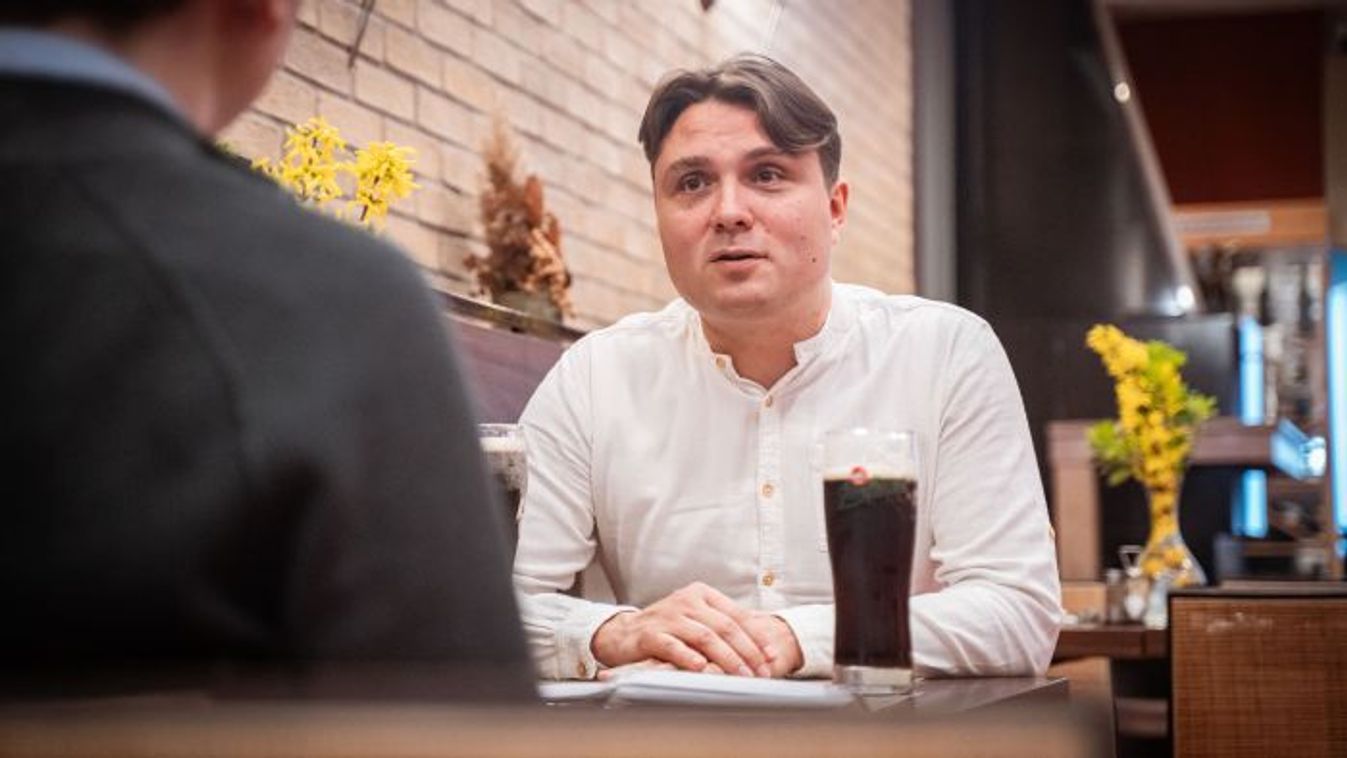
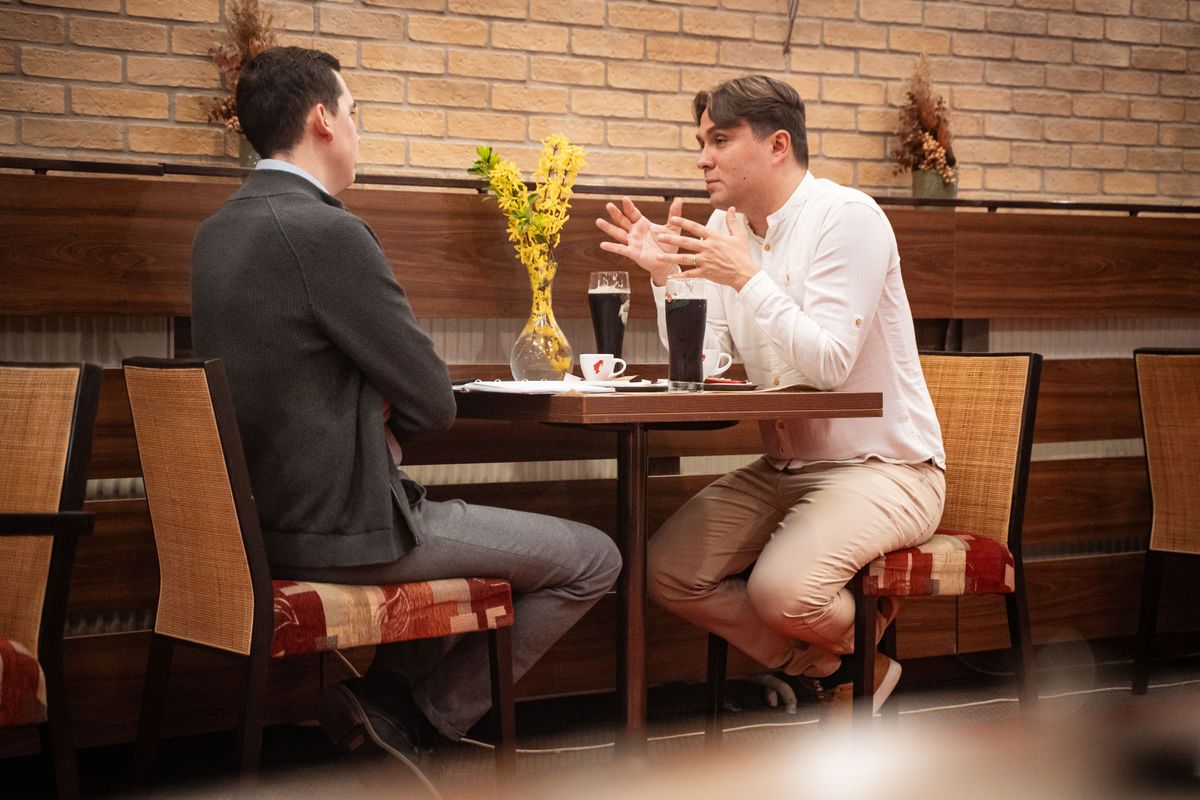
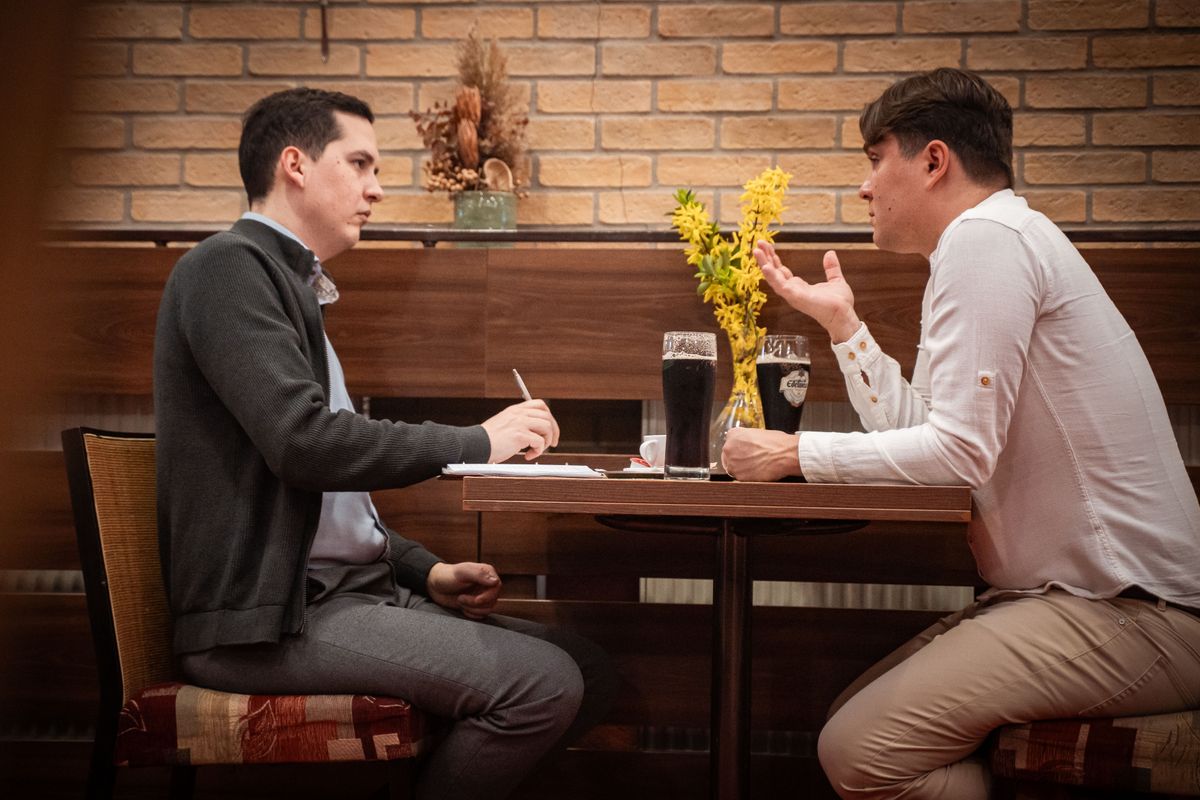
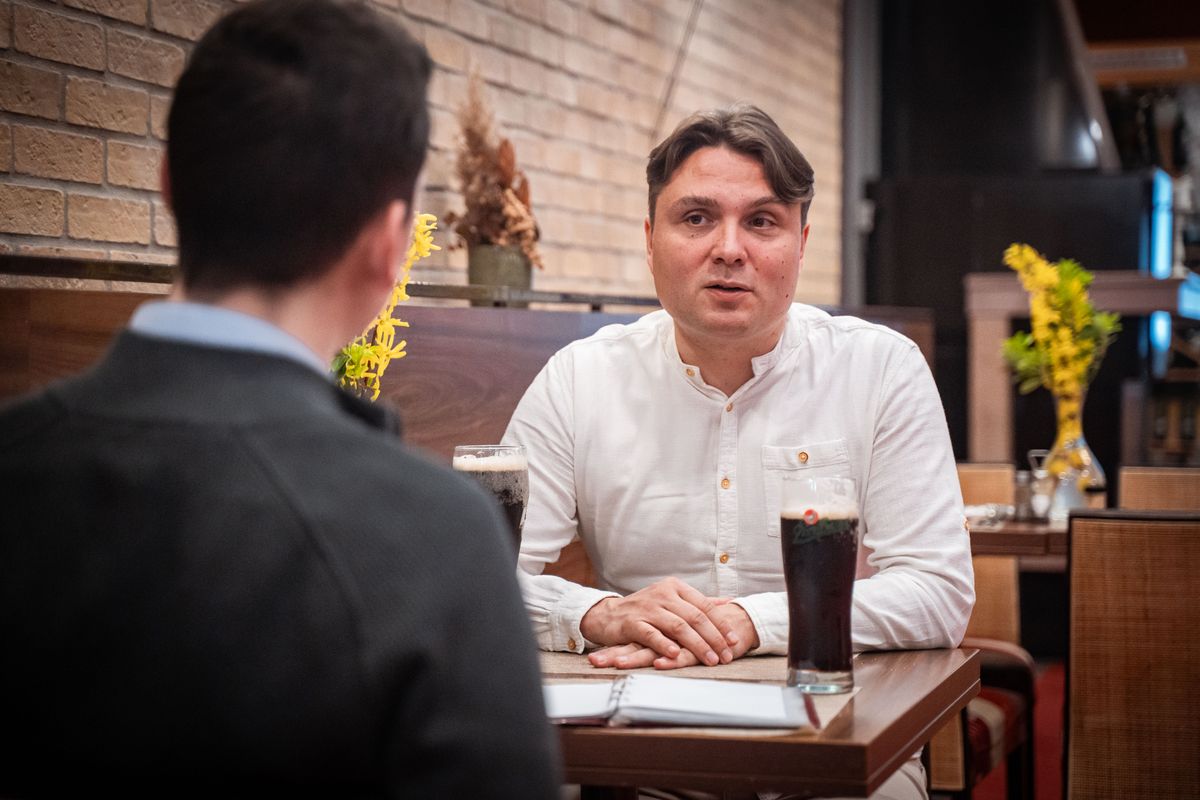
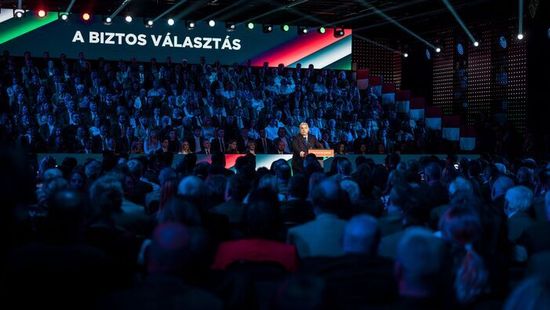
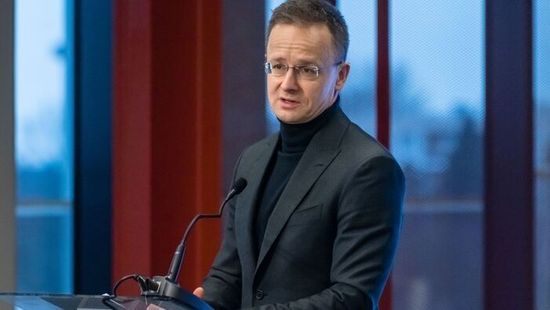
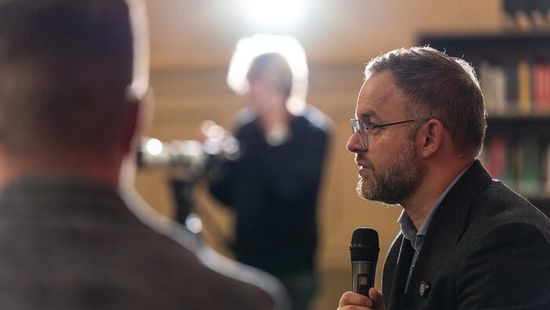
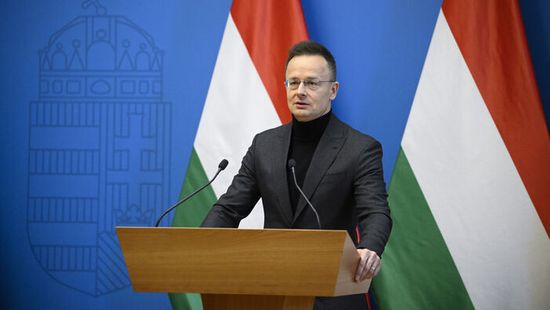

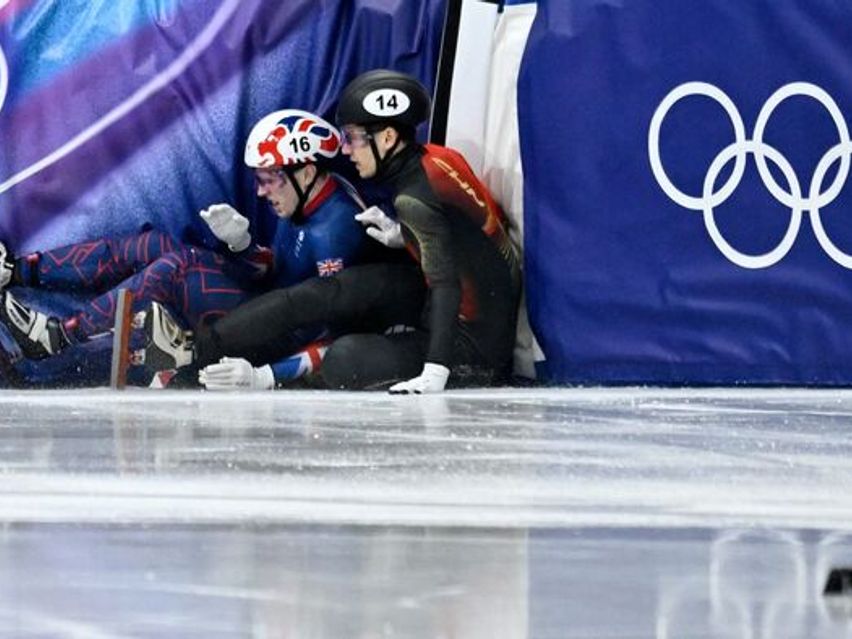
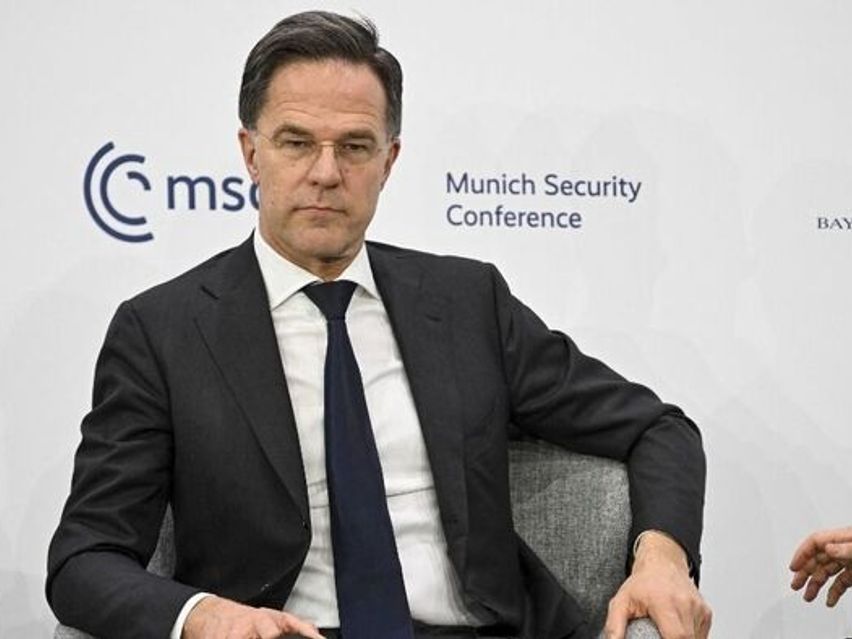
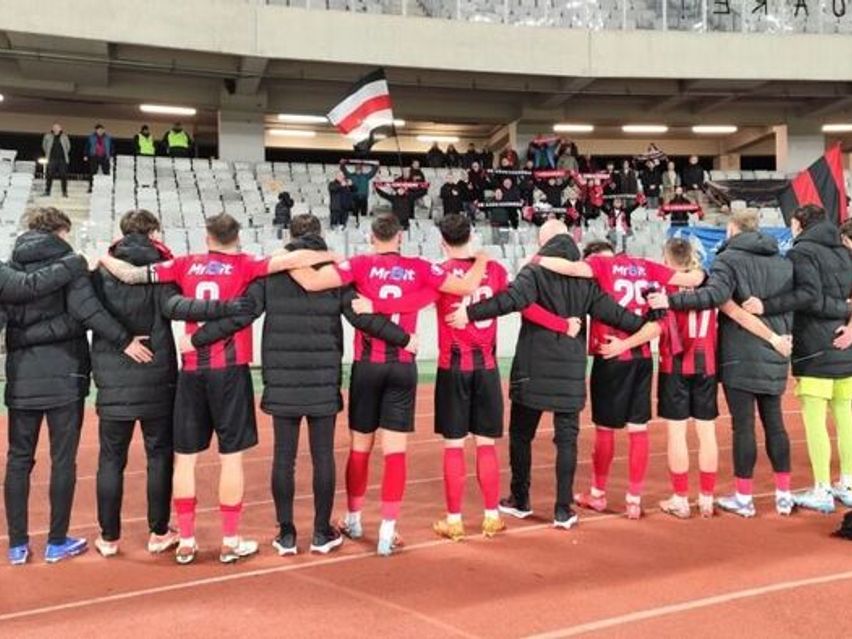
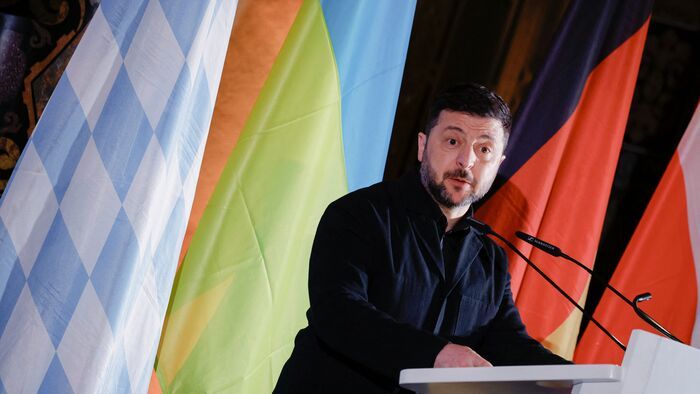


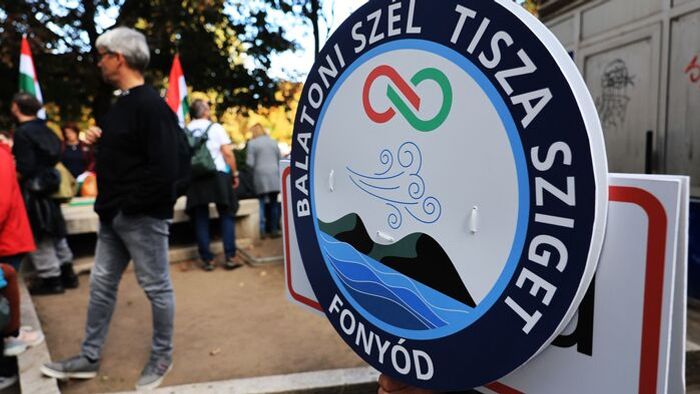
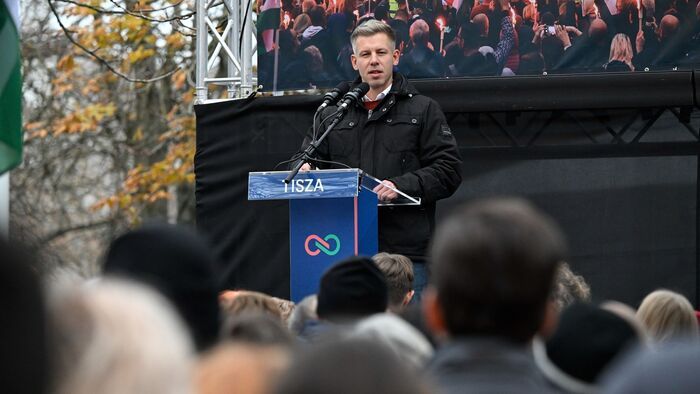
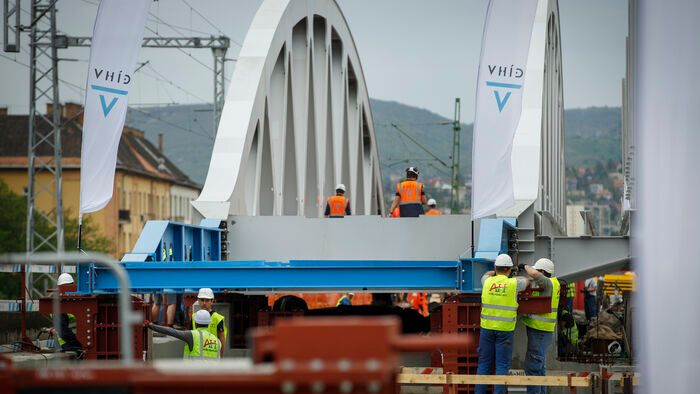
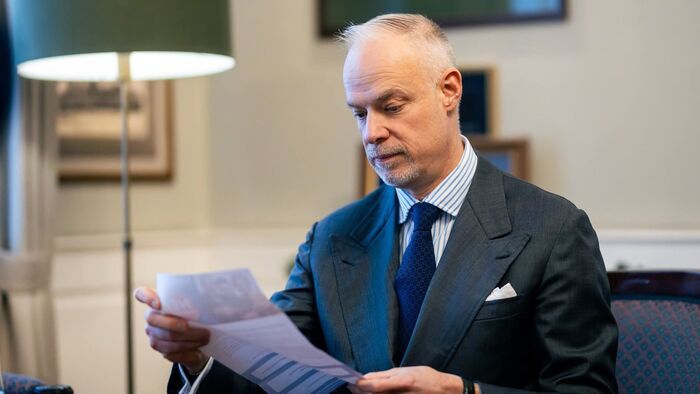
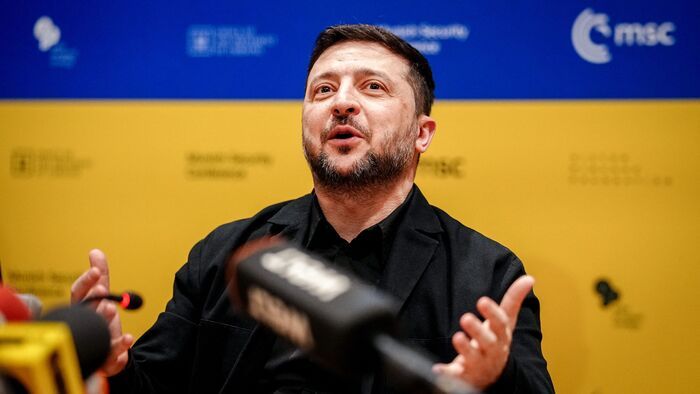



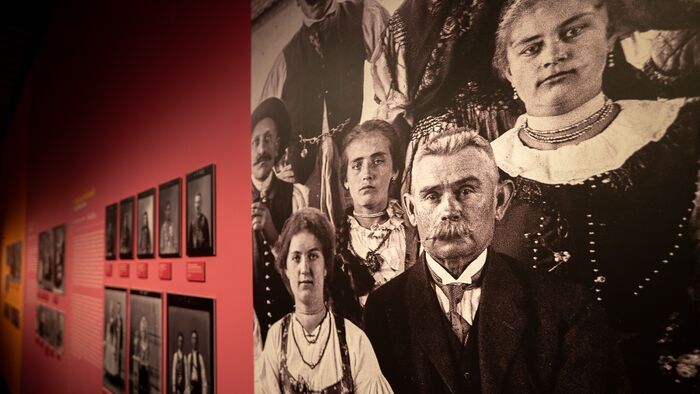
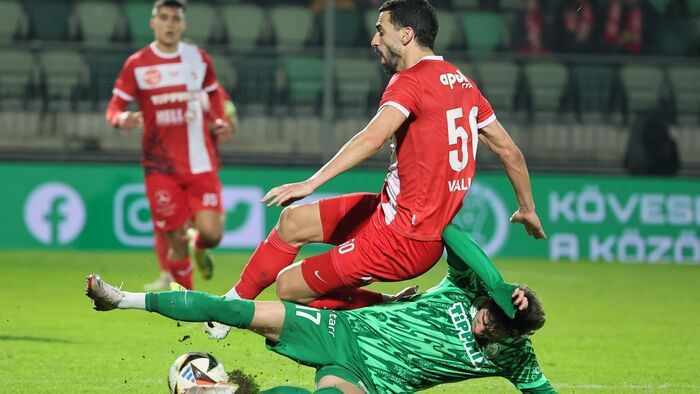

Szóljon hozzá!
Jelenleg csak a hozzászólások egy kis részét látja. Hozzászóláshoz és a további kommentek megtekintéséhez lépjen be, vagy regisztráljon!